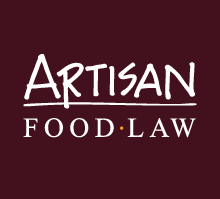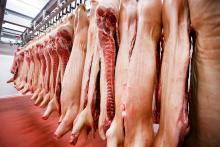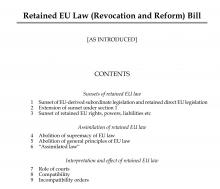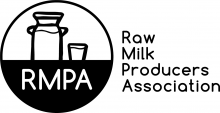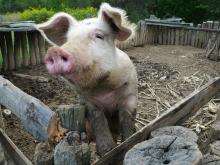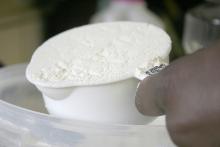The European Food Safety Authority (EFSA) is the European Union’s independent scientific adviser on food safety and hygiene.
Against the background of a rise in the popularity of eating well-aged meats, EFSA has recently published a scientific opinion on the safety of ageing meat and concluded that meat aged under controlled conditions poses no additional risk compared to fresh meat.
